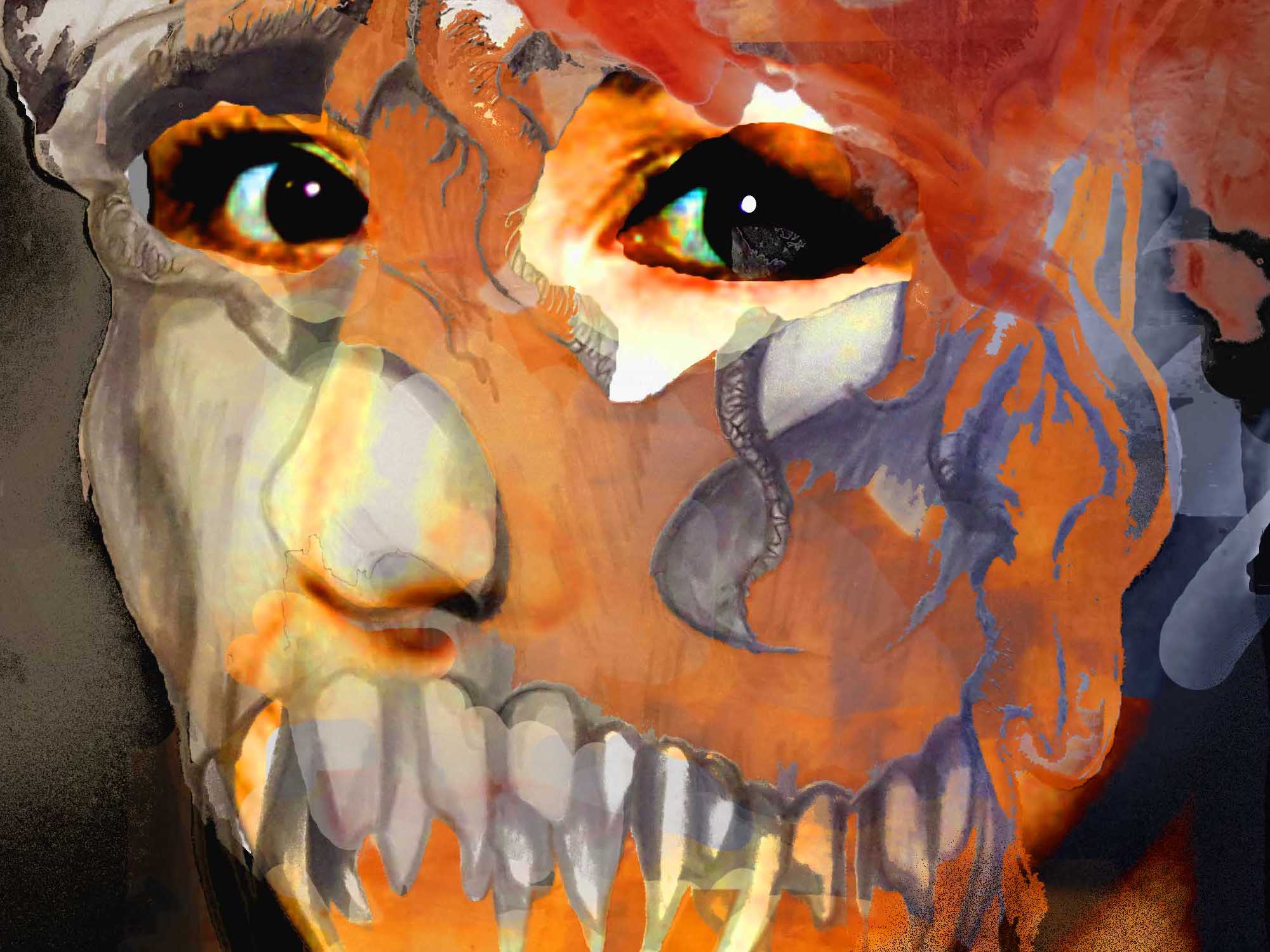Asking Barry Billinksy
How was the idea first formed to adapt Macbeth?
The project started during a school residency with Theatre Prospero and Frog Lake, Alberta, where the youth were asked to work on a Shakespearean play — I believe it was The Tempest. But the students and their vice principal and drama teacher, Owen Morris, were like, “This doesn’t really speak to us, this isn’t a story that we’re interested in.” Owen had been working with this idea of the cannibal spirit, Wihtiko, this creature in Cree cosmology that eats humans and walks alone and eats his own lips, so we thought we’d like to make that comparison to Macbeth. Everyone really liked that idea, the students were into it, and the school was just so engaged in it.
Why is it important to tell this story from the Cree perspective?
I think with Cree stories, there’s so much richness and depth to them, but we don’t get to hear them very often because they were literally outlawed for a long time. Now, we get to see the power and weight of Cree cosmology, and Cree history, which is then balanced with British theatre (Shakespeare).
The audiences can expect to see a Cree world view — the Indigenous stories really dig into this structure of Macbeth and then ultimately take it over. The skeleton of Macbeth is still there, but I think the real meat of it is hearing this language and hearing these stories from Indigenous storytellers.
What was the process of turning this idea into an actual script?
The script is a story of its own, originated from Frog Lake. That’s where the story lives. We’re bringing a community telling of the story to Edmonton and back to the communities in the Northwest Territories. Reneltta runs Akpik Theatre, which is her company, and that is the company that has developed it. Stratford Theatre out of Edmonton had a hand in helping support it because it’s a bit more of a robust organization.
Reneltta felt that, the heart of this story, this coming together of the community, was sort of the antithesis of this greedy cannibal spirit, so that kind of sparked the idea that this should be a professional production that should have legs. Reneltta carried on developing the show, by going through a series of different writing residencies and working on her own to create the piece. Now we’re slowly getting to the place where it’s getting ready for two different styles of production.
